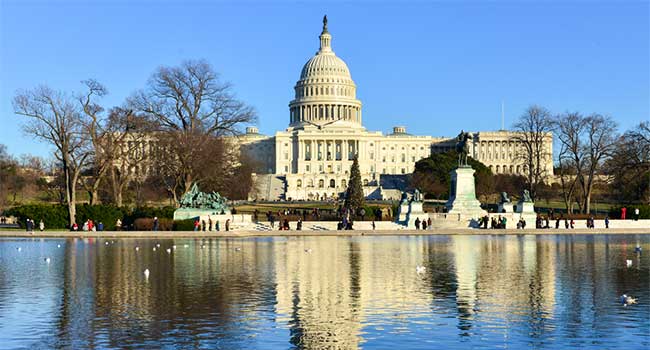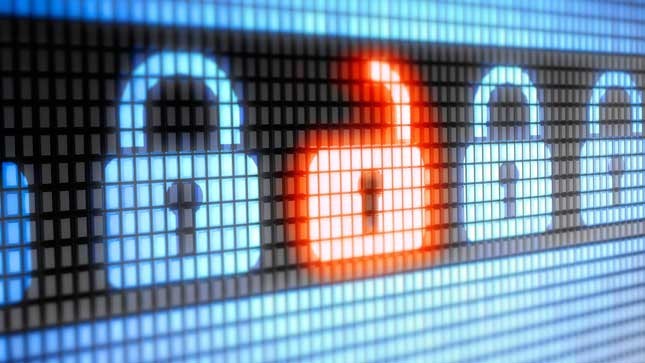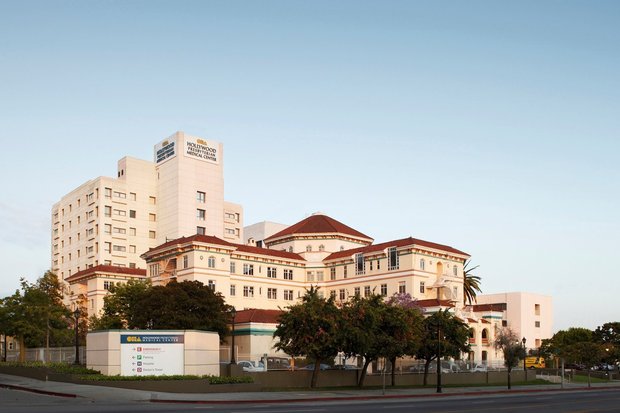The U.S. House of Representatives is introducing an additional layer or security at parking garages below House office buildings in an effort to ensure 100 percent of the people entering the buildings have been properly screened before entering. The Capitol’s Sergeant at Arms is bringing the House office buildings’ parking garages within its secure perimeter, according to the Committee on Administration. Currently, security procedures allow drivers who park in the garages in the Rayburn, Longworth, and Cannon office buildings to enter the buildings from the garage without having to go through metal detectors or running their bags through x-ray machines. Drivers must have the proper staff identification and parking permits to enter the garage, but employees who park in any of the of the House office building garages are not subject to the same security screening as employees and visitors who enter on foot. On Feb. 22, the first phase of screening will be introduced at Longworth, Cannon, and Ford House Office Buildings. The second phase will begin in the fall and is expected to encompass Rayburn. Upon completion, the staff will be required to utilize any of 7 access points in the garages to access the House Office buildings. The access points will be equipped with metal detectors and a machine to screen bags.
|
British police have arrested a teenager in connection to multiple high-profile attacks on senior intelligence leaders in the US. The hacker calls himself Cracka and is the apparent leader of a group called Crackas with Attitude. He is 16 years old and claimed responsibility for breaking into the personal accounts of CIA director John Brennan, Director of National Intelligence James Clapper, Secretary of Homeland Security Jeh Johnson, and FBI Deputy Director Mark Giuliano. Cracka portrayed himself as opposed to US foreign policy. He also may be connected to a November hack that exposed information for thousands of law enforcement and military personnel.
The computers at the Hollywood Presbyterian Medical Center have been down for more than a week as the Southern California hospital works to recover from a Ransomware attack. While HPMC officials are cooperating fully with the Los Angeles Police Department and the U.S. Federal Bureau of Investigation to discover the identity of the attackers, the network is still offline and staff are struggling to deal with the loss of email and access to some patient data. The hospital's President and CEO, Allen Stefanek, said the situation was declared an internal emergency, reportedly saying that the hospital's emergency room systems have been sporadically impacted by the malware. Some patients were transported to other hospitals due to the incident. In other parts of the hospital, computers essential for various functions, including CT scans, documentation, lab work, and pharmacy needs are offline. Registrations and medical records are being logged on paper and staff have been told to leave their systems offline until told otherwise. As of now, the attack has been designated as random.
Wall Street Journal (02/17/16) Spector, Mike
Apple will resist a court order to unlock an iPhone in the name of protecting consumer data. Auto makers, on the other hand, have other ideas. Americans often authorize these companies to collect mass amounts of data when purchasing a car. While the auto makers have developed voluntary privacy principles to protect consumer data, these principles do not necessitate customer permission before sharing data in response to a subpoena or similar inquiry. Permission isn’t required when data is used or shared “as reasonably necessary to comply with a lawful government request, regulatory requirement, legal order, or similar obligation,” according to a letter car company representatives sent to the Federal Trade Commission in November 2014. And a recent report found large cybersecurity gaps in vehicles that raised questions over how car companies treat data. The voluntary principles are in the spotlight, with some contending they do not ensure consumers can prevent data collection. This includes black boxes, which can track crash data and figures relating to air bag deployments, vehicle speed, and other information. Auto makers have recently launched a research initiative aimed at evaluating and sharing information about cybersecurity threats. Apple CEO Tim Cook said that his company will resist a U.S. judge's order to access encrypted data hidden on a cellphone that belonged to the terrorist couple who killed 14 people in San Bernardino, California, last year. Cook said that such a move would undermine encryption by creating a backdoor that could potentially be used on other future devices. "In the wrong hands, this software — which does not exist today — would have the potential to unlock any iPhone in someone's physical possession," Cook said. The tech industry and the White House have long been at odds over how much access government agencies should be given to private phone data. Recently, Comey, Atty. Gen. Loretta Lynch and other national security leaders met with representatives from Google, Apple and Facebook to try and find common ground that would help investigators gain critical information about possible terror plots without compromising the privacy of the companies' customers. The order, signed by U.S. Magistrate Judge Sheri Pym in Riverside, California, does not ask Apple to break the phone's encryption but rather to disable the feature that wipes the data on the phone after 10 incorrect tries at entering a password. That way, the government can try to crack the password using “brute force” — attempting tens of millions of combinations without risking the deletion of the data. Apple says it has cooperated with the Federal Bureau of Investigation during the investigation, complying with valid search warrants and subpoenas. The company says the government now effectively wants it to create a new version of its iPhone software that bypasses important security measures.
|
Archives
May 2019
Categories |




 RSS Feed
RSS Feed


